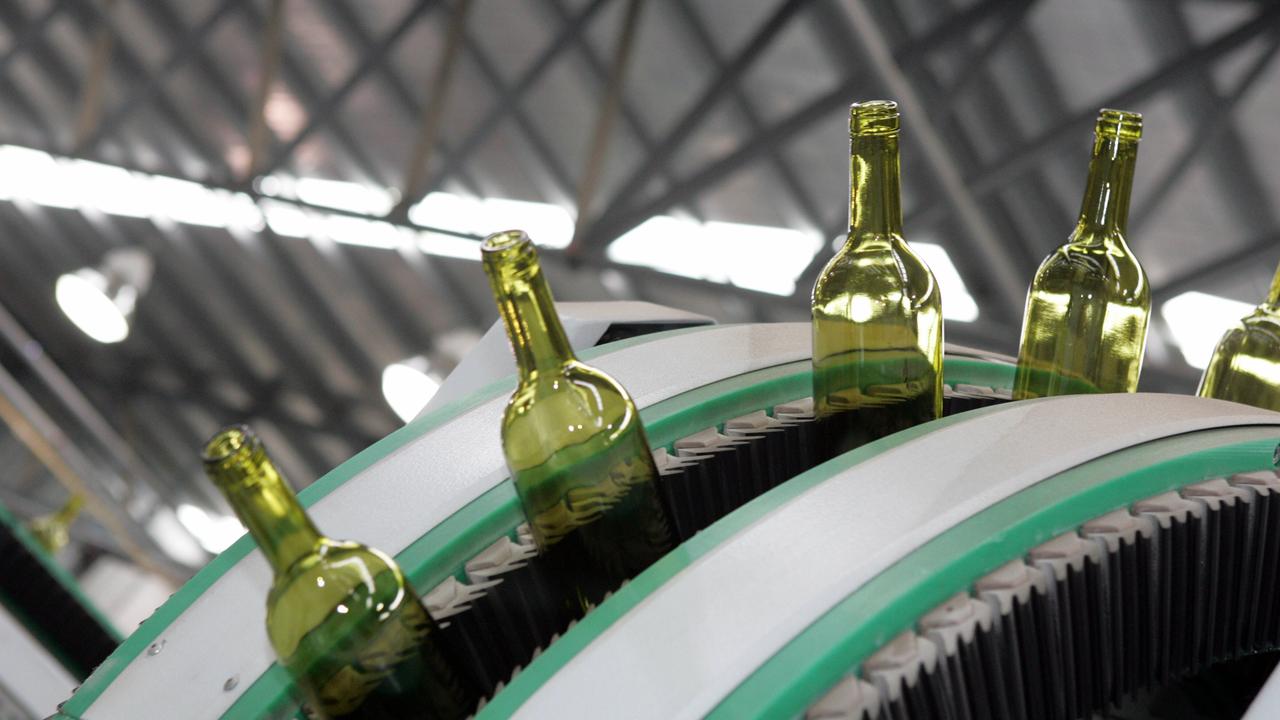The 2019 election will be an intergenerational election pitching younger Australians against their parents and grandparents.
At any other time, the Coalition budget would be an election winner, but the intergenerational difference will not be easy to bridge.
On the plus side for the government, the Coalition has finally woken up to the fact that it must be a party of small business and entrepreneurship and is showering the sector with innovative policies and tax cuts designed to rekindle the aspirational spirits of Australians.
At the same time, Josh Frydenberg emphasises that he is not increasing taxes on retirees (the ALP plans to savage many retirees); not changing negative gearing, not increasing capital gains tax and the taxation of discretionary trusts — all key elements in the Labor Party’s strategy. Seven times in his speech the Treasurer mentioned that he was not raising taxes.
Normally the ALP’s heavy blows to older Australians would filter down to the next generation via family protests and the fact that generally the views of small business owners spread to their staff. But in 2019 the ALP research shows it will not happen.
For the millennials (aged under 35) there are three issues dominating their political views — climate change, lowering house prices (if they do not own a dwelling) and gaining more income via wages.
The ALP’s thrust is designed to lock in that vote and they clearly believe wooing millennials (and some older people) will deliver more votes than those to be lost by their attacks on baby boomers and those who are older.
But the budget documents show that some issues cross the traditional generation lines. Young people want lower house prices and they hope the ALP negative gearing changes will deliver that outcome.
But Treasury warns that lower house prices can reduce borrowing capacity of small business and can have flow on ramifications to other parts of the economy, at least in the short term. Treasury estimates that housing investment was stagnant in 2018-19 and will fall 7 per cent in 2019-20 and decline again in 2020-21. That means lower house prices will continue even without negative gearing.
That means a key driver of Australian wealth and entrepreneurship is headed for tough times. And while the massive investment planned in infrastructure and higher business investment will help employ those displaced, a lot of the skills in the building industry are not easily shifted to other sectors.
The good news for housing prices is that the smaller banks and credit unions are filling some of the reduced lending created by the big banks’ new restricted lending criteria, but they are not big enough to bridge the gap.
The Coalition’s longer-term plan to reduce the cost of dwellings is a network of fast trains between regional centres in Victoria and NSW to the capital cities of Melbourne and Sydney.
The overall Coalition drive to increase entrepreneurship and small business is without precedent in Australia and has world ranking, so not surprisingly Frydenberg made it one of the of the corner stones of his budget speech.
The new unfair contract rules mean that countless millions of unfair contracts between governments, large companies and small enterprises must be rewritten because they will be illegal.
The dangers of unfair small business abuse by the Australian Taxation Office will be reduced by the small business tax tribunal and the government is thrusting into much faster payments by governments and major enterprises.
These moves have been designed to change the entrenched anti- small business culture in many large companies and the ATO and are truly nation changing.
But the danger is that the anti-small business culture in the ATO runs deep. They have been blocking giving people ABNs and now want them renewed each year, giving small business greater paperwork and the ATO the chance to trap them.
Despite the ATO rearguard action, the combination of these three major policy thrusts will enhance the ability of smaller enterprises to arrange cash flow-based borrowings, and will greatly enhance the impact of the $2 billion government securitisation fund aimed at making it easier for smaller banks and non-banks to fund small enterprises.
One of the popular past government measures has been the instant asset write-off which helped 350,000 businesses. That will be expanded by another 22,000 businesses by increasing the size of the write-offs from $25,000 to $30,000 and lifting the size of those eligible to operations with turnover of up to $50 million.
Small businesses will remain verity cautious until after the election. The ALP is likely to support the small business tax tribunal and the unfair contracting rules. But the capital gains and negative gearing changes are of great concern. And for those small businesses organised in trusts — there are over 600,000 — there is considerable apprehension over the ALP tax plans.
Given that small business often employs people at the bottom end of the wage arena, the ALP’s plan to lift the minimum wage and reintroduce penalty rates on a Sunday is viewed with great apprehension.
The common theme is that the ALP’s climate policies and their appeal to younger people will win the election, but the other measures adversely affect small businesses for one or two parliamentary terms.



